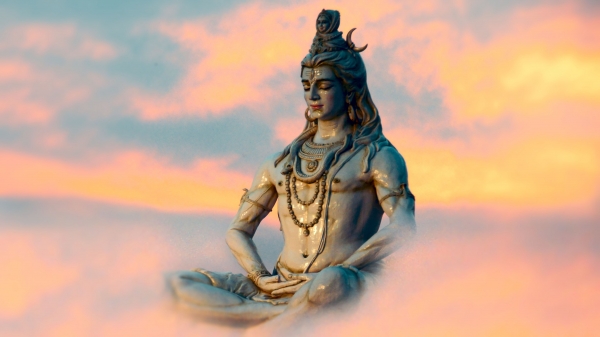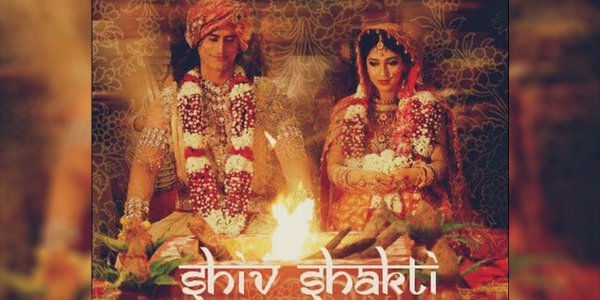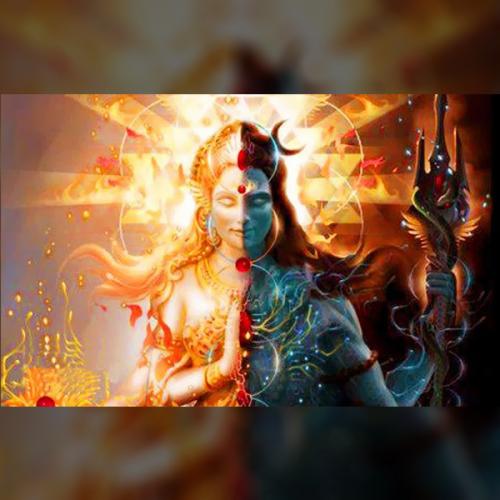Table of Content
Maha Shivratri, the grand festival dedicated to Lord Shiva, is celebrated with immense fervor across India and among Hindu communities worldwide. Interestingly, this auspicious occasion is observed twice a year: once in the month of Phalguna (February-March) and again in the month of Shravan (July-August). But why are there two celebrations? In this article, we will explore the significance of Shivratri, the reasons behind its biannual observance, and the rituals that accompany it.

Understanding Shivratri
The term "Shivratri" translates to "the night of Shiva." It is believed that on this night, Lord Shiva performed the cosmic dance of creation, preservation, and destruction. Devotees gather to worship, chant, and meditate, seeking blessings for health, prosperity, and spiritual awakening. The night is particularly significant for devotees, who often observe fasting and engage in night-long vigils.
The Two Celebrations: Maha Shivratri and Masik Shivratri
Maha Shivratri
Maha Shivratri is the most celebrated of the two. It falls on the 14th night of the waning moon in the month of Phalguna and is considered the most auspicious occasion to honor Lord Shiva. Devotees believe that observing this day with dedication can lead to the purification of the soul, forgiveness of sins, and liberation from the cycle of birth and rebirth.
Masik Shivratri
In addition to Maha Shivratri, Masik Shivratri is celebrated monthly on the 13th night of the waning moon. Each month’s Shivratri holds its own significance, providing devotees with regular opportunities to engage in worship and reflection. Masik Shivratri allows followers to deepen their connection to Lord Shiva and seek his blessings more frequently throughout the year.
Reasons for Celebrating Twice
Spiritual Significance: Each Shivratri, whether Maha or Masik, serves as a reminder of Lord Shiva's importance in Hindu mythology. The monthly observance allows devotees to connect with the divine energy of Shiva more frequently, reinforcing their faith and spirituality.
Vedic Traditions: According to ancient Vedic texts, specific lunar phases are conducive to spiritual practices. The waning moon is believed to symbolize the destruction of negative energies, making it an ideal time for purification and meditation.
Community and Connection: The twice-a-year celebrations foster a sense of community among devotees. People come together to participate in rituals, share stories, and strengthen their bonds with each other and their faith.
Cultural Practices: Different regions of India have unique customs associated with Shivratri. By celebrating it monthly, communities can maintain these cultural traditions, enriching the overall spiritual experience.

Rituals and Observances
Fasting and Prayer
Fasting is a common practice during both Maha and Masik Shivratri. Devotees often abstain from food and water, engaging in prayer and meditation. Some choose to consume only fruits and milk, while others may observe a complete fast.
Night Vigil (Jaagran)
On Maha Shivratri, devotees participate in Jaagran, a night-long vigil filled with chanting, singing bhajans (devotional songs), and storytelling. This creates a vibrant atmosphere that enhances the spiritual experience.
Offerings to Lord Shiva
Devotees offer milk, honey, and various fruits to Shiva Lingams (representations of Lord Shiva) in temples and at home. The pouring of water, or Abhishekam, is also a significant ritual, symbolizing purification and devotion.
Meditation and Reflection
Both Shivratris encourage devotees to meditate on the qualities of Lord Shiva—truth, peace, and enlightenment. This reflection is essential for spiritual growth and understanding.

Conclusion
The celebration of Shivratri twice a year—Maha Shivratri and Masik Shivratri—reflects the rich tapestry of Hindu spirituality and tradition. Each occasion offers unique opportunities for worship, community bonding, and spiritual reflection. Whether you are a seasoned devotee or new to the traditions, these celebrations provide a meaningful way to connect with the divine and embrace the teachings of Lord Shiva. As you observe these sacred days, may you find peace, strength, and enlightenment on your spiritual journey.
.webp)





_1735214375.webp)









